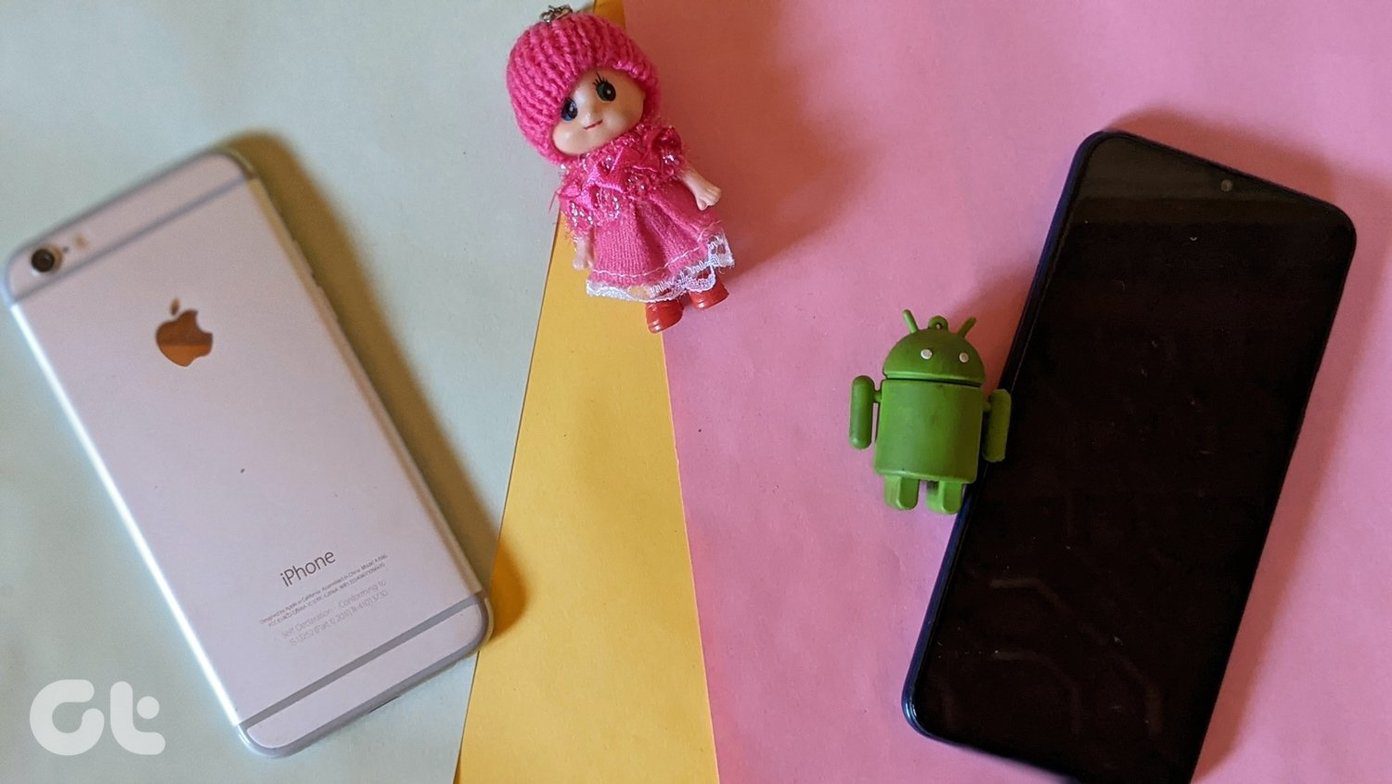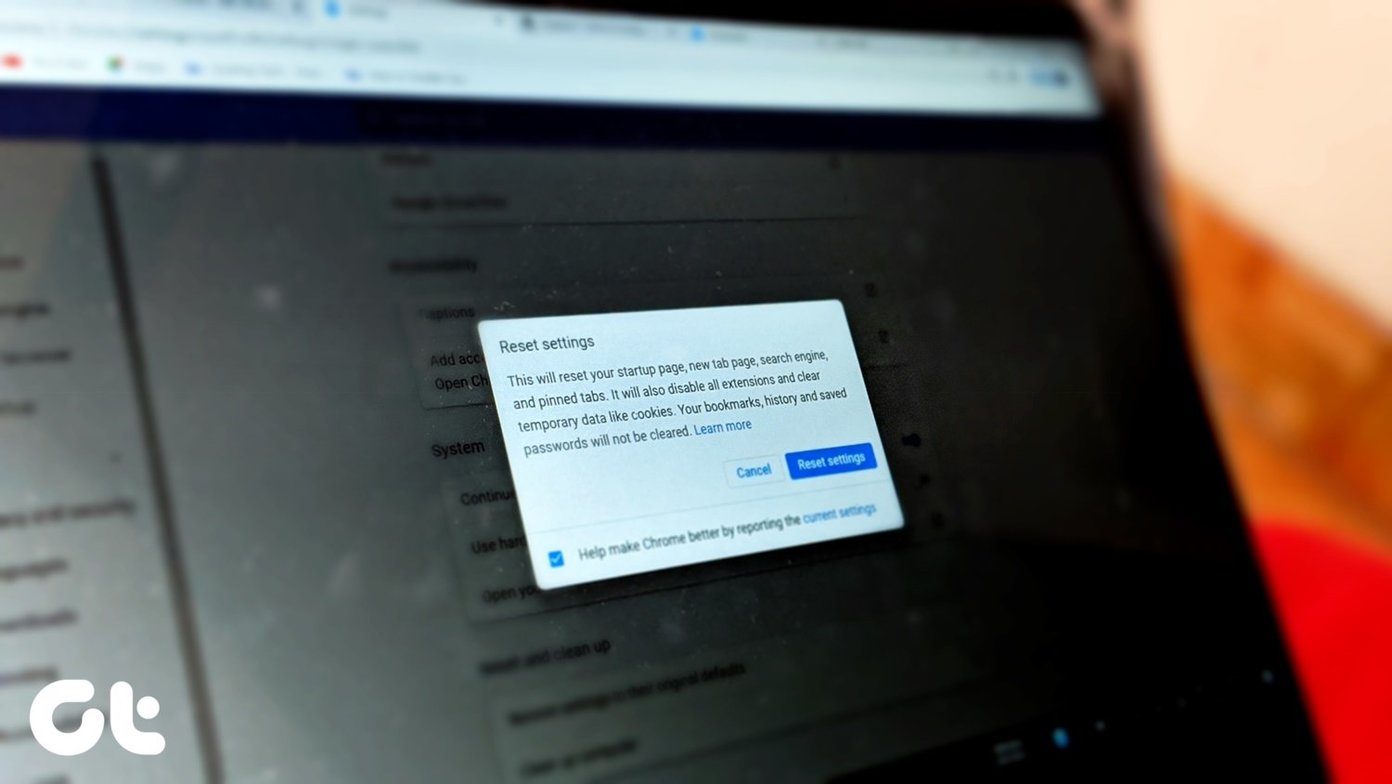But is it worth your money? Let’s find out. At their MWC event in Barcelona, Nokia released not one but three different Android phones called Nokia X, X+ and XL, collectively known as the Nokia X family. The Nokia X will retail for 89 euros, X+ for 99 and XL maxing out at 109 euros. The pricing details for the Indian market are not available but the expected price for Nokia X is about Rs 7,000 and XL going up to Rs 9,000. At this price point, Nokia is going to be competing with established budget smartphones from Micromax and Karbonn. This is a crowded space.
Nokia has the brand image, the rough and tough body and the hardware design nailed down pretty well. The question is now about the specs, the software, the app ecosystem and the usability.
The Specs
All three phones are powered by a dual core Snapdragon processor. The Nokia X boasts a 4 inch IPS LCD screen with a meagre 480×800 resolution, has 512 MB of RAM and comes with 4 GB of internal storage expandable to 32 GB via MicroSD card, a 1500 mAh battery and a 3 MP rear camera. Nokia X+ brings up the RAM count to 768 MB but everything else remains the same. All Specs: You can check out the complete spec sheet here. The XL on the other hand has a 5 inch screen with a 5 MP rear facing and a 2 MP front facing camera. All three phones have dual SIM and 3G support. Spec wise the X family leaves a lot to be desired but for the price it’s actually pretty standard. If we take the Indian market into account (I am in India), Samsung Galaxy Star Pro which sells for about Rs 6300 has similar specs. Their counterparts from Karbonn and Micromax are a bit more powerful at the same price. Karbonn Smart A27+, for instance, has a 8 MP camera and a 5 inch capacitive touch screen. For a 7 to 9k price point, the Nokia X family stacks up pretty good with the current competition.
The Software
Nokia X family runs on a forked version of Android Jelly Bean 4.1.2, originally released in October 2012. It is based on the Android Open Source Project (AOSP) and does away with any attached Google services. You get a vertical scrolling homescreen with apps turned into tiles just like Windows Phone. There is no app drawer. All your installed apps, folders and widgets will appear here. Nokia has brought in Fastlane from Asha series. It’s a mix of multitasking menu and notifications, and yes, it is confusing. For navigation, all you get is one back button at the bottom of the screen. Tap to go back, long press to go to the homescreen. Instead of the Play Store, Google Maps, Play Music, Gmail and Google search we have Nokia Store, HERE Maps, MixRadio, Outlook and Bing search respectively. There is no mention of Google anywhere. And this can be a problem. Yes, Microsoft services are good but they are not as good as Google’s when it comes to smartphones. The Nokia Store, for example, might be launching with hundreds of thousands of apps and it is easy for developers to add apps to Nokia Store but it’s still not the Play store that we are all used to. And while Bing search is getting better, it can’t beat Google search, especially Google Now.
The App Ecosystem
As I said earlier, Nokia X family will not get access to the Play Store. The Nokia Store should bring most of the Top 100 apps from the Play Store (so all your most used apps like WhatsApp, BBM, Skype etc will be present) but populating the app store will take some time. Tip for Android users: Since we just mentioned MIUI, it’d be apt to share our list of 15 MIUI features that make it really cool. The app ecosystem is the biggest reason Windows Phone is still not popular. Yes, Nokia X can run Android apps just by a little tweaking but then so could Blackberry 7.0, and we know what happened there. As it stands right now, the budget phones with vanilla Android clearly have the upper hand. With a million apps at their disposal, and rock solid Google technologies backing them up.
The Usability
The specs are fine and the app availability eventually will get better. But the biggest wall that will keep Nokia X from making its way for shelves to consumer’s hands is the usability. And from what I’ve read and seen from reporters down in Barcelona, it’s not good news. Nokia has skinned the one and half year old Android Jelly Bean so heavily that it’s beyond recognition. Beyond recognition as Android that is. Nokia X’s UI is clearly ‘inspired’ from Windows Phone but it also integrates several features and UI elements from Nokia’s feature phone Asha series. The result is a software that is not only slow and confusing to use but it’s also not something that will get you excited.
The budget Android phones from Karbonn and Micromax mostly have vanilla Android. But just like the Nokia X the software is not really customized with the hardware. At this price point, you cannot expect lightning fast performance but what you should get is something that is actually usable. From the budget Android phones that I have used, my major complain has always been with the screen and the camera, the performance on the other hand was always something you could get used to. I’m not sure if that’s true for Nokia X.
So Is Nokia X Worth Your Money?
Yes And No… Mostly No.
Just like every other tech dilemma of 21st century, the answer is depends. Actually, it’s a bit easier in this case though. It’s clear that Nokia X isn’t for most of us, considering that there are better budget Androids already available at the same or slightly higher price points which don’t run forked Android and hence have access to Google apps et al. But, if we are talking about your parents or grandparents or someone older in your family who has used Nokia feature phones all their lives and refuses to upgrade to anything else, this phone is perfect for them. However slow it might be, it’s still a smartphone with a decent app collection and at this price point, it’s not that expensive compared to their feature Asha series. And, however late it might be, this is still Nokia’s first attempt at making an Android smartphone. Bugs, lag and feature emission is expected. But with next generation devices and software updates, it will (or could) get better. If you are a teenager or a power user who spends most of his time looking at their phone, that 2 second lag opening Twitter will seem like an eternity. It would make more sense to go for something like Karbonn Smart A27+ or even Nokia’s own Lumia 525.
Will The Nokia X Family Survive?
Microsoft will complete its purchase of Nokia in coming weeks but the answer is yes it will. In 2014, it’s not about platforms anymore, it’s about services. And Microsoft’s new CEO Satya Nadella knows that. Nokia’s Android phones are targeting a price point Windows Phone has never been able to conquer. With Nokia X depending on Microsoft’s services so heavily and exploring markets untouched by Windows Phone, it’s only good news for the new Cloud and mobile oriented Microsoft.
Alternatives:
If you happen to live in China, Hong Kong, Taipei, Singapore or Malaysia I cannot recommend Xiaomi Redmi (Red Rice in mandarin) enough. It costs $130, just $5 more than the Nokia X and comes with a quad core processor, a 4.7 inch 720p screen, 1 GB RAM and an 8 MP Camera. And it runs on MIUI, arguably the best Custom ROM out there. — David McClelland (@DavidMcClelland) February 24, 2014 If you don’t live in one of those countries, there’s always ASUS ZENFONE 5 which goes for about $150 these days.
Last Words
So if you have been waiting for Nokia to finally release the Android phone, you might have to wait a bit longer. We will know the benchmark scores, the camera performance and the real life usability when Nokia X hits the shelves but from what we have seen till now, it’s not a pretty picture. Nokia X has just redefined the budget phone. There were feature phones like Nokia Asha and then budget Android phones from Micromax and Karbonn. Until now Moto G was the budget phone. At $179 it still is the best Android phone you can buy for under $200. And if you can stretch your budget, you definitely should go for it. The above article may contain affiliate links which help support Guiding Tech. However, it does not affect our editorial integrity. The content remains unbiased and authentic.













